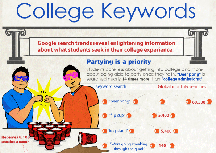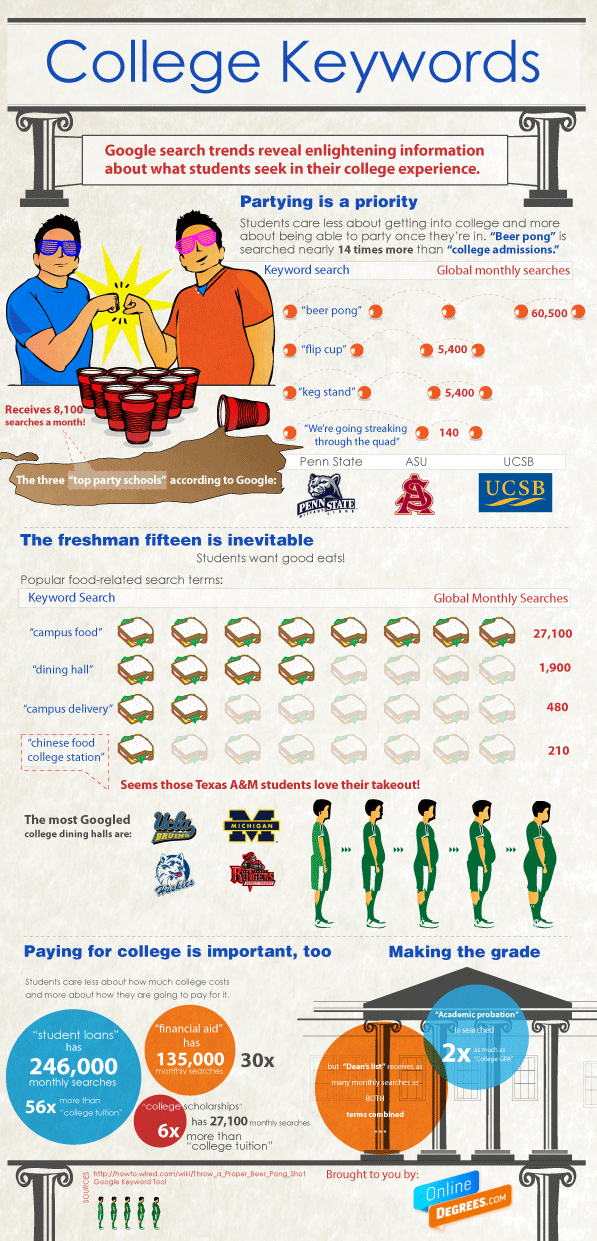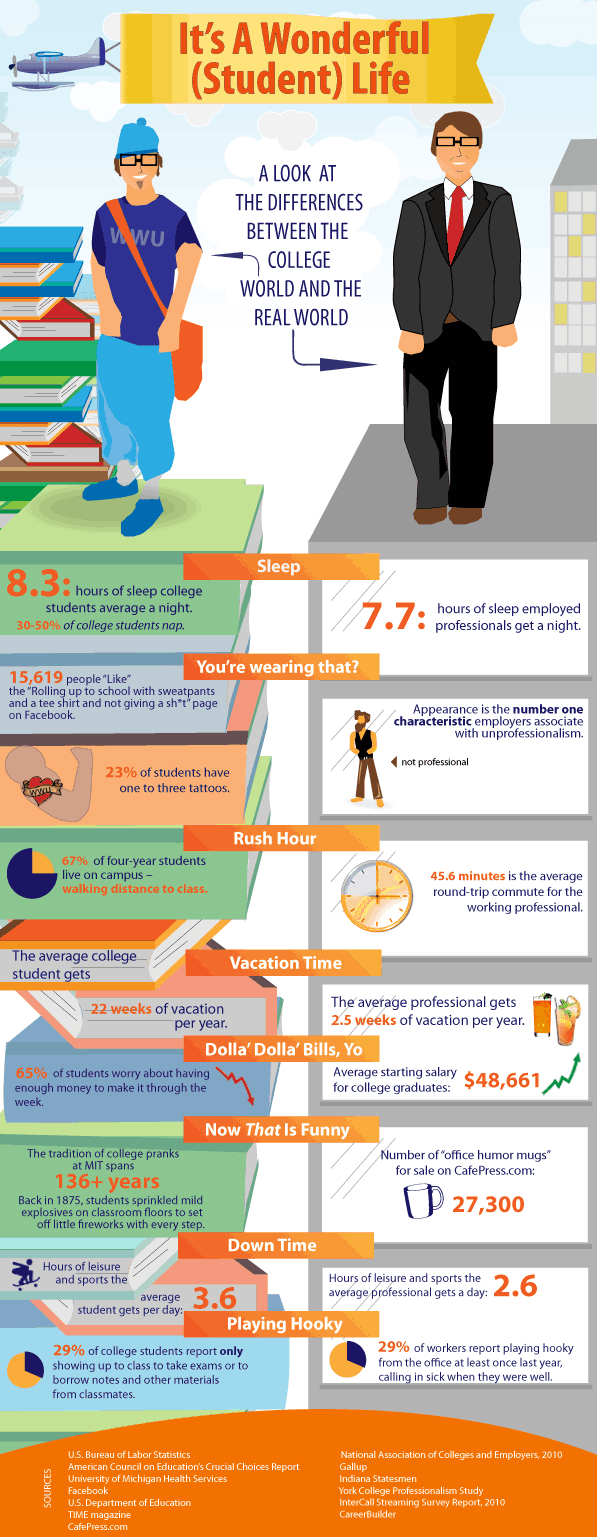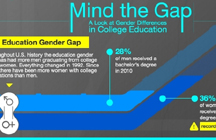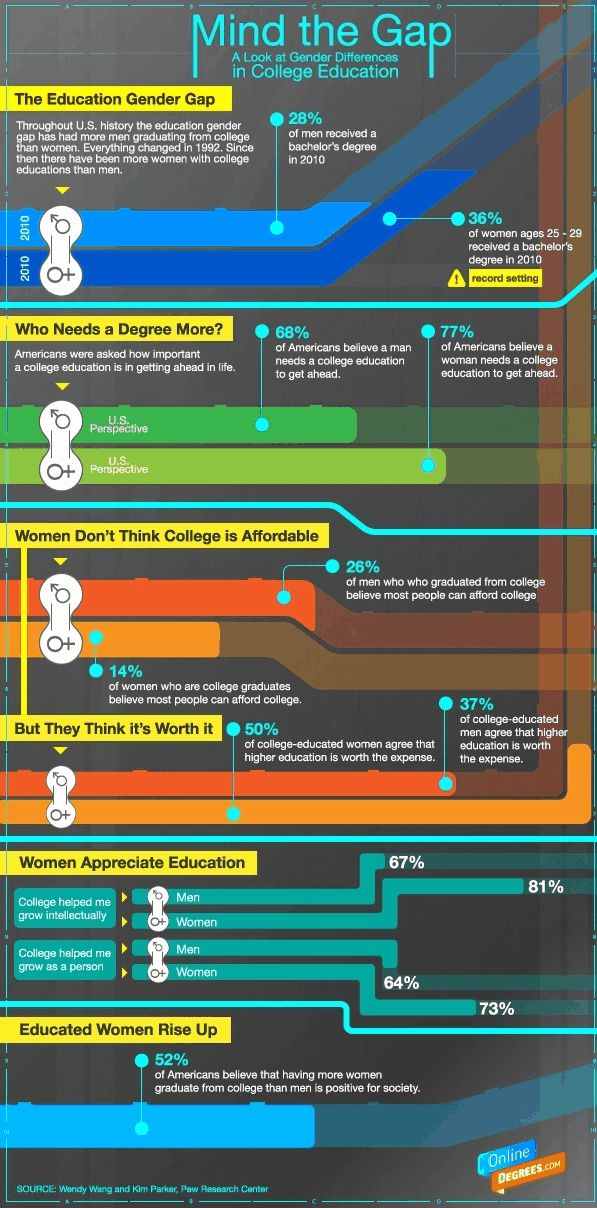You don’t need to have a great bedside manner to have a career in healthcare. Most medical facilities like hospitals, clinics, nursing homes, and rehabilitation centers need knowledgeable and qualified personnel to oversee their day-to-day operations and ensure the smooth running of the facilities.
Developments in technology haven’t overlooked the healthcare field as the use of administrative technology has become a mainstream practice. Apart from staying up-to-date with the latest technology, individuals working in the field of healthcare administration also need a working knowledge of medical terminology and the business aspects of the field.
What is the study of healthcare administration?
An online degree in healthcare administration can help you learn about the technology used and administration techniques used in healthcare settings along with the leadership, interpersonal, technical and communication skills you may need to be successful in the field.
What can you do with a degree in healthcare administration?
There are a range of healthcare degree options available for interested individuals right that cater to different interests, educational qualifications and career goals.
- Certificates in healthcare administration: These are typically focused programs open to high school graduates and take less than a year to complete. They may suit those individuals with some work experience in general administration or healthcare administration that are looking to advance their careers or change fields.
- Associate degrees in healthcare administration: Typically taking around two years of study. Depending on their major associate degree programs can help individuals apply for entry-level roles as medical secretaries, medical coders, or healthcare information technicians.
- Bachelor’s degrees in healthcare administration: Many healthcare institutions may require their healthcare administrators to hold a minimum of a bachelor’s degree. Individuals may be able to choose from specializations like entrepreneurship, human resources management, health information management, long-term care management among others and qualify for entry-level roles associated with them.
- Master’s degrees in healthcare administration: These advanced degrees usually take around two years to complete. Graduates of online master’s degree programs may qualify for supervisory positions in larger healthcare institutions with job titles like vice president of health information management or senior business intelligence analyst.
- Doctoral degrees in healthcare administration: These degrees can take anything from three to seven years. Graduates of doctoral programs may conduct independent research, teach in colleges and universities or hold executive positions in medical care facilities.
Becoming a healthcare administrator:
The U.S. Bureau of Labor Statistics (BLS) projects the growth rate of medical services managers and healthcare administrators to grow by 20 percent in the years leading up to 2026 which is nearly three times faster than other occupations. This means there may be plenty of jobs for those with a healthcare major in the years to come. An online healthcare administration degree can help you enter this growing field.
The steps below show a straightforward way to become a healthcare administrator right from high school.
- Volunteer at a doctor’s clinic or a hospital and speak to workers there to determine if a career in healthcare administration is right for you.
- Take math and science subjects in high school, try and get a jump-start on business courses if possible. You can also build communication skills through English and communication classes.
- Learn about the various healthcare administration degree options available to you and know about the kinds of subjects in a healthcare administration degree program you are likely to take.
- Learn about how to get financial aid for your degree.
- Enroll in the healthcare administration program of your choosing (remember that a bachelor’s degree is likely to give you the best entry-level options for jobs).
- Enroll in a graduate degree or look for employment after graduating from your undergraduate degree.
How can you earn a healthcare administration degree online?
A healthcare administration degree may be offered by a business school where the focus may be more on the business aspects of healthcare or a school of public health where the focus may tend more toward community health issues. The first step toward earning a healthcare administration degree online would be to figure out which of these is closer to your interests and career goals.
Once you have narrowed down on school and program choices, it is also important to see how their offerings work with your schedule and lifestyle. Many online degree programs can give students a high level of flexibility through asynchronous programs which allow you to access your courses at a time that is convenient to you. Synchronous courses are those where you are required to be present online at a stipulated time. They may work for individuals who need to adhere to a rigorous schedule to complete their studies.
The infographic below explores the field of healthcare administration in more detail, related occupations, where most jobs are concentrated and more. Have a look and see where you’d like to work!
Methodologies and Sources
Sources
- Bachelor of Arts in Health Care Administration, Ashford University, https://www.ashford.edu/online-degrees/health-care/bachelor-of-arts-health-care-administration, accessed July 2019
- Career: Medical and Health Services Managers, Big Future, The College Board, https://bigfuture.collegeboard.org/careers/management-medical-health-services-managers, accessed July 2019
- Doctor of Health Administration, Capella University, https://www.capella.edu/online-degrees/dha-health-administration/, accessed July 2019
- Healthcare Occupations, , Bureau of Labor Statistics, U.S. Department of Labor, Occupational Outlook Handbook, https://www.bls.gov/ooh/healthcare/home.htm, accessed July 2019
- How Technology Affects Health Administration, University of Illinois at Chicago, https://healthinformatics.uic.edu/blog/how-technology-affects-health-administration/, accessed July 2019
- Major: Health Services Administration, Big Future, The College Board, https://bigfuture.collegeboard.org/majors/health-professions-related-clinical-sciences-health-medical-administrative-services-health-services-administration, accessed July 2019
- Master of Science in Healthcare Management Career Outlook, American University, https://programs.online.american.edu/mshcm/masters-in-healthcare-management/career-outlook/, accessed July 2019
- Medical and Health Services Managers, Bureau of Labor Statistics, U.S. Department of Labor, Occupational Outlook Handbook, https://www.bls.gov/ooh/management/medical-and-health-services-managers.htm, accessed July 2019
- Online Healthcare Administration Certificate, Champlain College Online, https://www.champlain.edu/online/undergraduate-certificates/healthcare-administration, accessed July 2019



